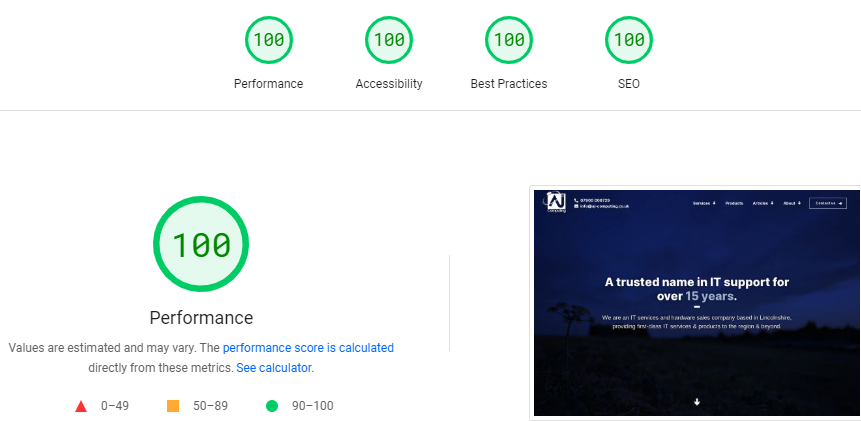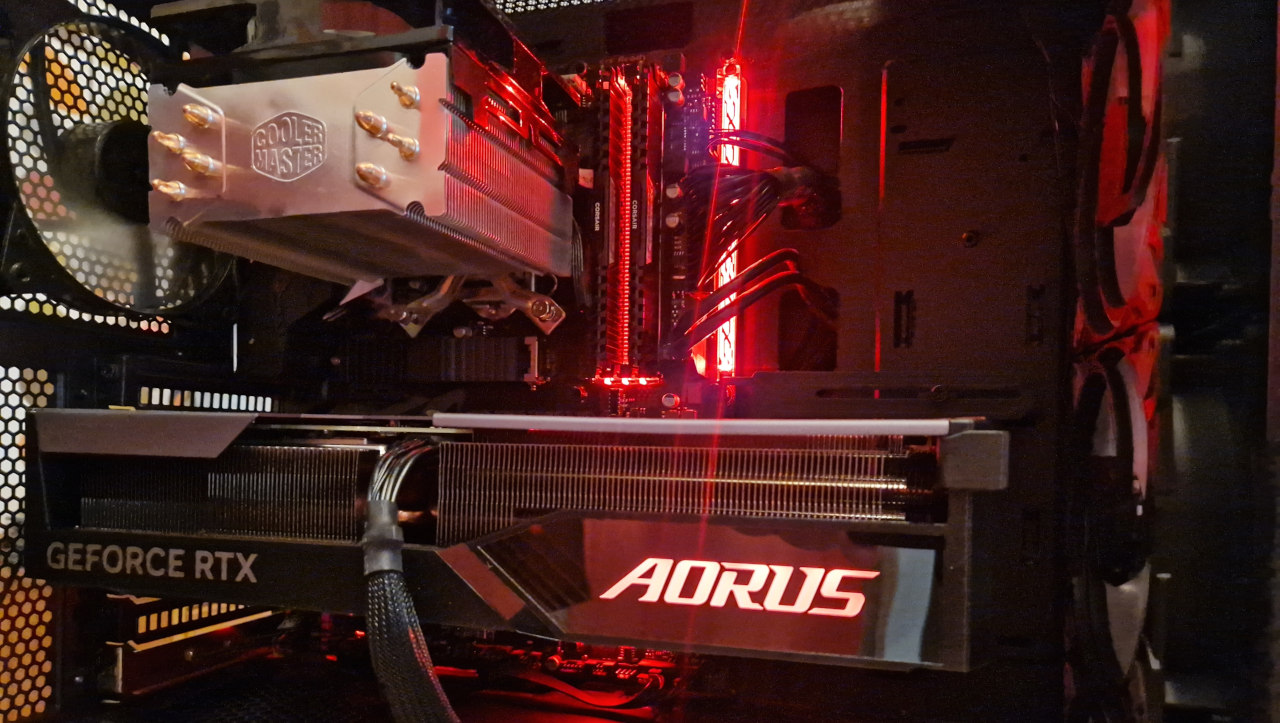Is that gaming PC any good?
Some pointers of what to look for in a gaming PC and when to walk away. It's worth taking half an hour of your time to research a device you hope to keep for many years. (December 2023)
It's the Primary Gifting Period (awful marketing phrase!) and some may be looking for last minute gaming PCs. Many people will end up disappointed. I see substandard and often overpriced PCs that do not match expectations coming into me in the New Year, every year. I feel strongly about computers are being sold as being something they are quite clearly not; this is preying on people who do not know any better.
Here are some things to consider when looking for a gaming PC, or perhaps when sourcing parts for your own build:
1) If it seems too good to be true, go with your instinct.
2) I tend to only build Intel based systems, so my article will bias Intel CPUs but the same logic can apply to AMD CPUs. Don't assume that a Core i5 or i7 will be fast. The 14th generation of Intel Core Processors has recently been released so ask what processor the advertised 'Fast i5 CPU' actually is. Get the model number! If you are given an i5-13600K, look up that model number of the CPU and you will find out its release date, and therefore the era of that generation of the PC. If the seller refuses, only quoting 'It's an i5 3GHZ', avoid as you do not know what you are purchasing. The motherboard and RAM will be of the same era as the CPU, so it could be an older PC in a flashy new "gaming" case.
At the time of writing, anything but the lowest budget new gaming PCs should have a 13th or 14th Gen Intel. Within each range (i3/i5/i7/i9) there are different models - the higher the number, the faster the CPU. There are also letters in the model of the CPU - familiarise yourself with them when comparing potential buys.
3) Ask if the seller has configured the RAM as dual channel - and if they don't know what this means, walk away. An example: If the system has 16GB of RAM and only one stick of 16GB is supplied, it's not running in dual channel (expect 2 sticks of 8GB); this will degrade the performance of the RAM. All sticks of RAM should be exactly the same model for best compatibility. You could go further and check the RAM is on the QVL (Qualified Vendor List) of the motherboard, which is easily found on the manufacturer's website. That's not to say if it's not on the list it will not work, but gives some reassurance if it is.
Ask if the RAM is configured correctly with XMP (Intel) or EXPO (AMD) as it can make a considerable difference to the speed the RAM will operate. XMP/EXPO are modes that enable the RAM to run at it's full potential. For example, the spec sheet may say 5000Mhz as the speed but without XMP/EXPO enabled, it may be running at a much lower speed. You could ask for a screenshot of the BIOS showing the speed of the RAM. If XMP/EXPO isn't available it could be an incompatibility with the motherboard and the RAM.
4) Ask to see the inside of the PC with both sides off. If it's a mess, don't expect much effort has been put into the build.
5) What brand and model is the case? If it turns out to be cheap and (maybe) cheerful you may want to consider something better. You don't need to spend much to get a nice case with good airflow, reasonable quality with decent fans and the seller may have other options available to you.
6) The PSU is important to provide a stable system. It's not all about wattage; I'd far prefer a solid 750W PSU on a Seasonic platform than a 1000W from a questionable Amazon ALLCAPS brand. Think what future upgrades you may aspire to. Will that PSU handle a RTX 40XX you are aiming for in a year? It's better to spend a little more now than to spend twice or worse, end up with an unstable system. I'd rather have a decent quality PSU than a slightly higher spec GPU/CPU if the budget is limited.
7) Avoid builds that offer short warranties...does the builder not have faith in the system? Can you afford to replace it in 90 days when the warranty is over? Look for 1 year minimum, 3 years preferable on all parts.
8) Ensure the Windows license is genuine. You'll want a product key - some will be a digital license, others will come on a product key card, or a sticker attached to the PC - ask to see it.
9) Is that fancy-looking CPU cooler any good? It is common for builders to cut corners here. Ask for the model number. Research the price, reviews, noise levels and cooling abilities compared to other coolers and try to find out if it's suitable for the CPU in the system. Don't rule out air coolers on a limited budget as some can be very good, and preferable to a cheap all-in-one water cooler.
10) Beware for bog-standard office PCs that have been re-housed in a "gaming" case with an average-at-best graphics card being passed off as a gaming PCs. Some of these can be OK value and fine for basic gaming. Pay accordingly and set your expectations lower than a dedicated gaming PC.
11) What games do you intend to play? Look up the recommended specs for that game and if the PC only meets the minimum specs you may have lag, poor frame rate or have to lower the quality settings in the game. All depends on budget, of course - not everyone has the budget, and not everyone wants to spend money to put all the settings on high. That’s fine, too; just be sure that it is suitable for your needs.
12) What GPU does it have? Your graphics card will vastly affect gameplay. If you are paying decent money, expect a newer generation card. With NVIDIA for example the latest generation as of writing is RTX 40XX. The higher the model, the more powerful the card. So RTX 4080 is above RTX 4070. But...some of the older generation cards can be decent, for example a RTX 3080ti will outperform a RTX 4050. When you are choosing your PC, compare the GPU on benchmark sites to get an idea.


